Best Laptop for Machine Learning – Buy Top Rated Laptop for Deep Learning on Amazon
The study of computer algorithms and the development of computer programs involves in the process of Machine Learning.
The process of learning starts from data and observation which includes patterns, direct experience and other instructions.
The aim of machine learning is to permit computers to automatically learn without human interference.
All this involves Artificial Intelligence (AI), data learning and different algorithms.
To fulfil everything, you will require the best laptop for machine learning and we are going to help you with that.
In order to smoothly run the process of machine learning, you will require a powerful machine which can handle everything.
Before we move ahead, let’s have a quick look at laptops we have reviewed below –
| Image | Product | Price |
|---|---|---|
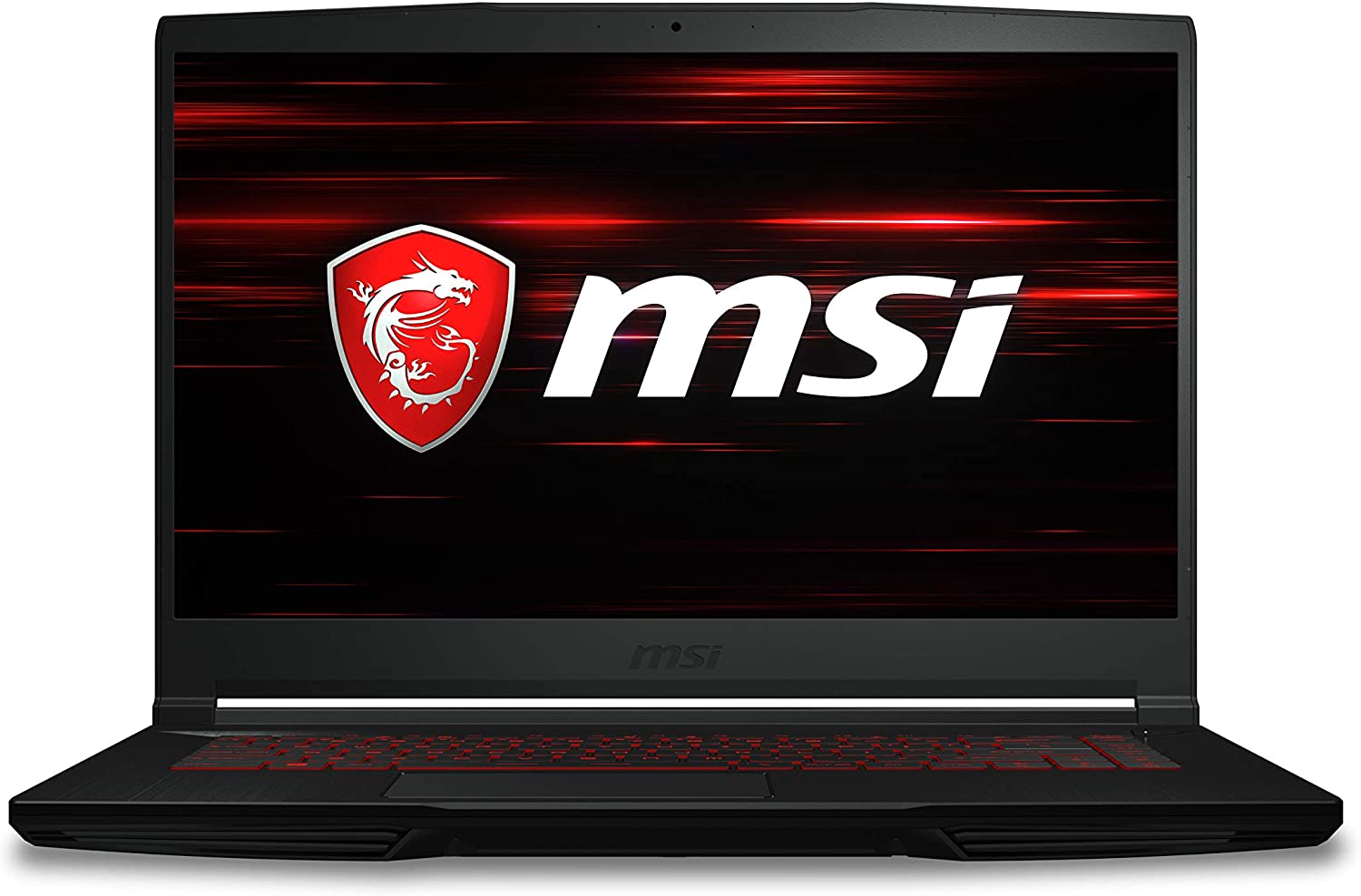 | MSI GF63 THIN 9RCX-818 LaptopGood Choice
| Check Price |
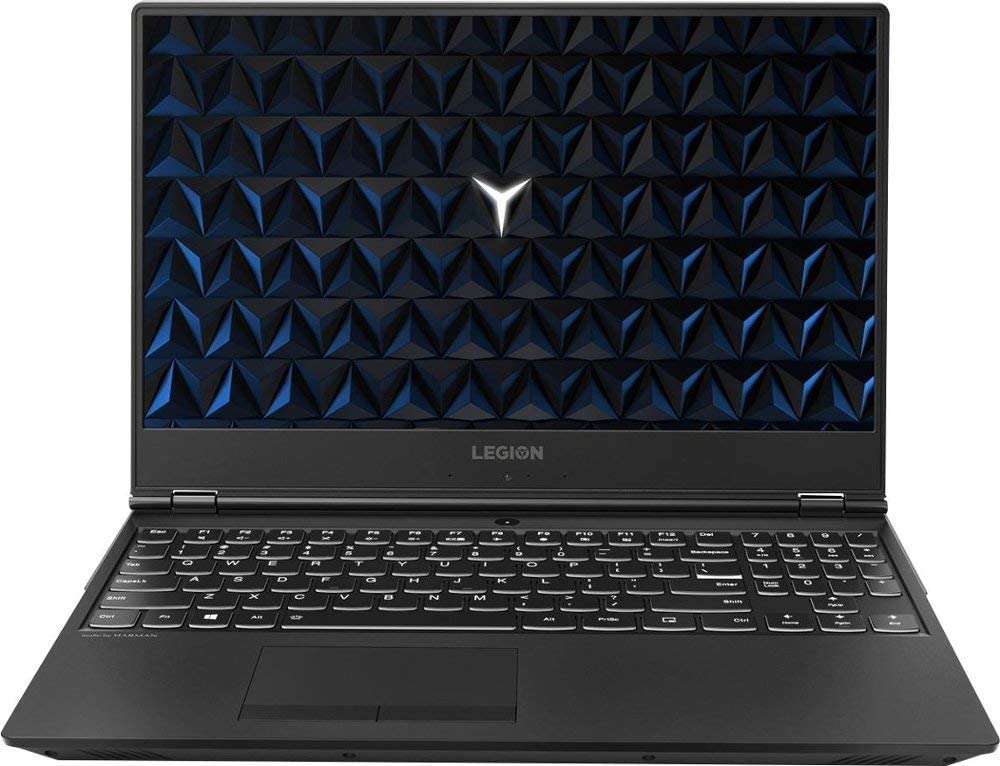 | 2019 Lenovo Legion Y540 9th Gen Core i7 LaptopGood Choice
| Check Price |
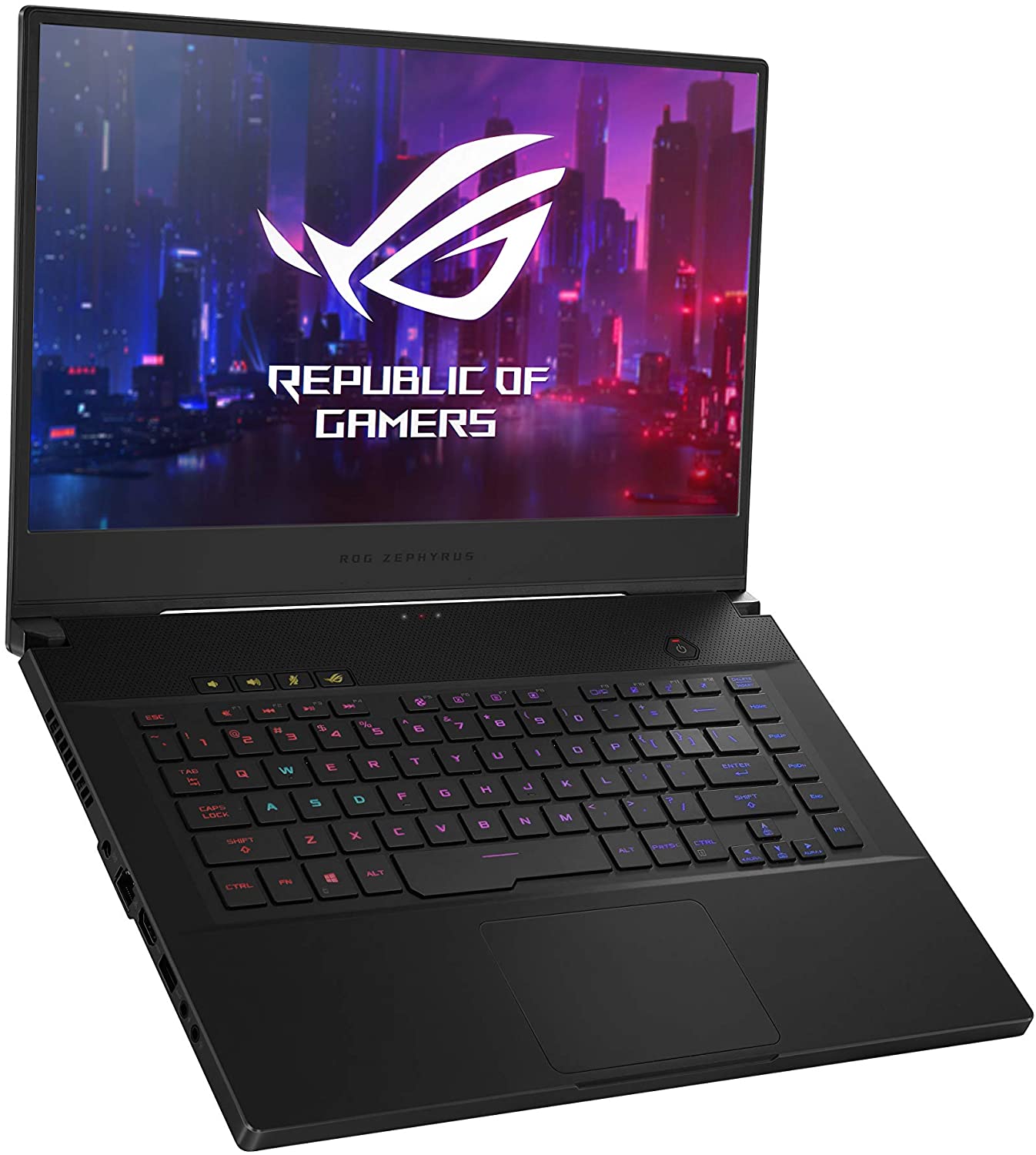 | ASUS ROG GU502GW-AH76 Zephyrus M Thin & Portable LaptopGood Choice
| Check Price |
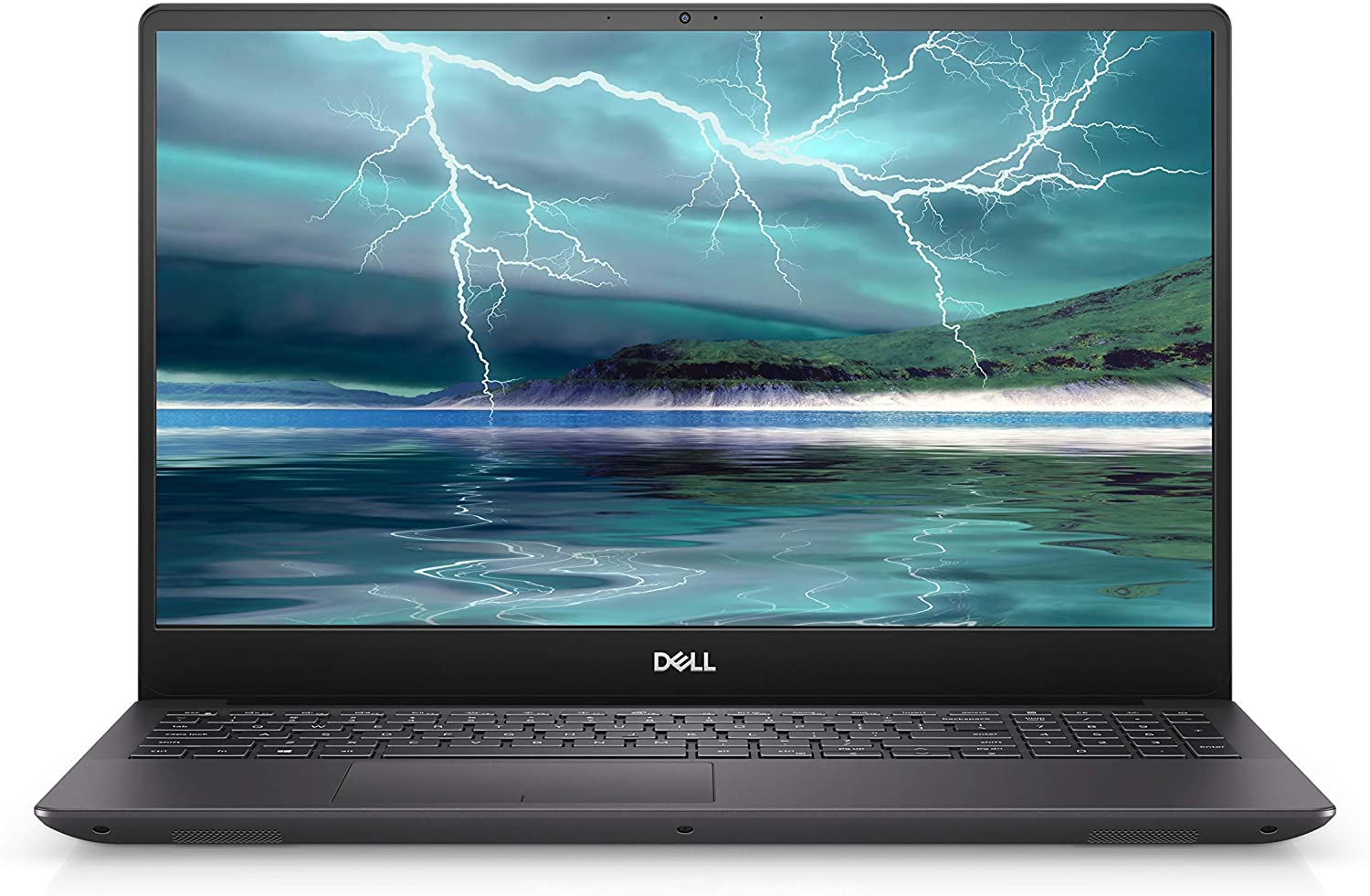 | Dell Inspiron 15 7000 15.6 Inch FHD Display LaptopGood Choice
| Check Price |
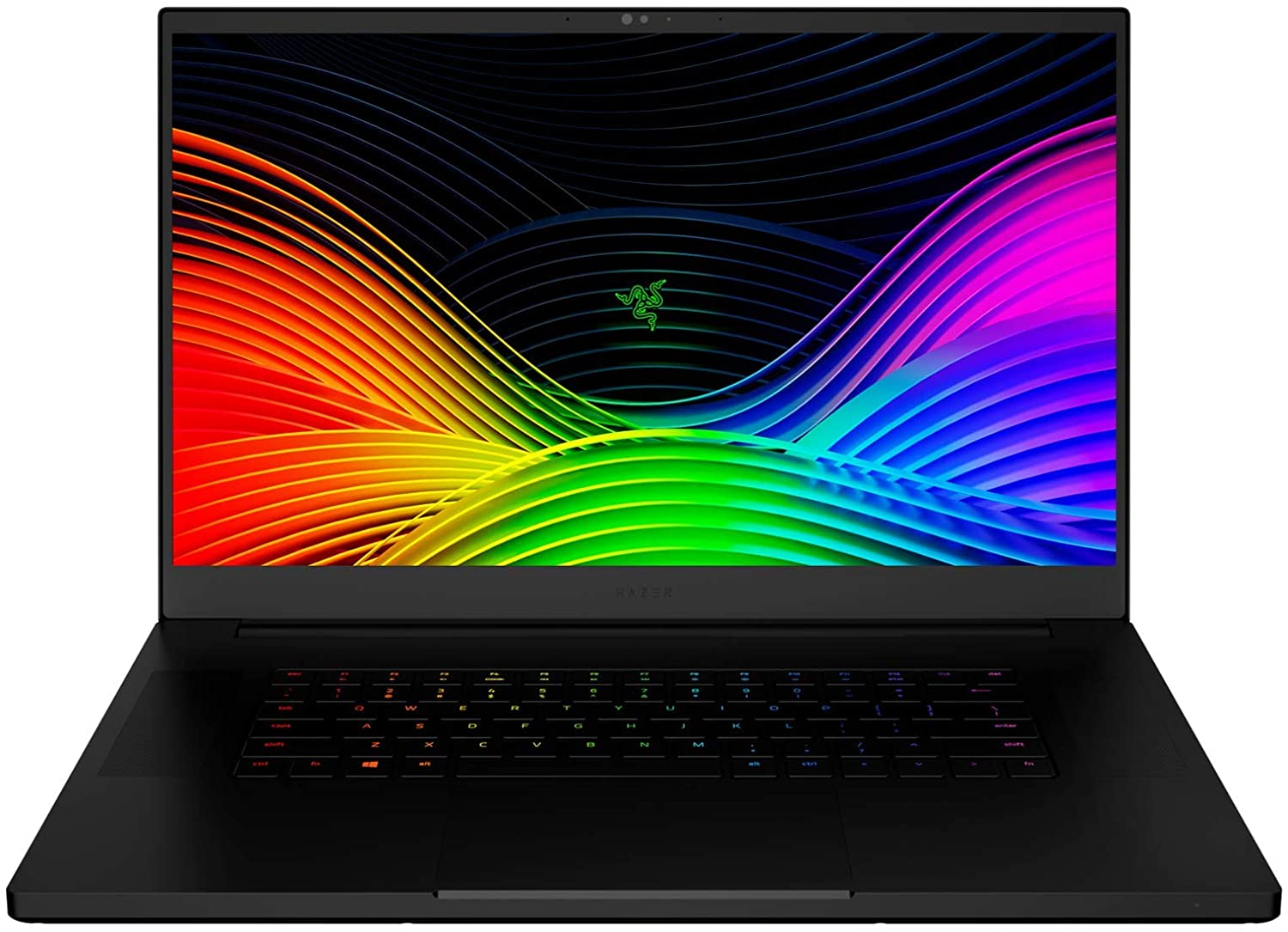 | Razer Blade Pro 17 Intel Core i7 LaptopGood Choice
| Check Price |
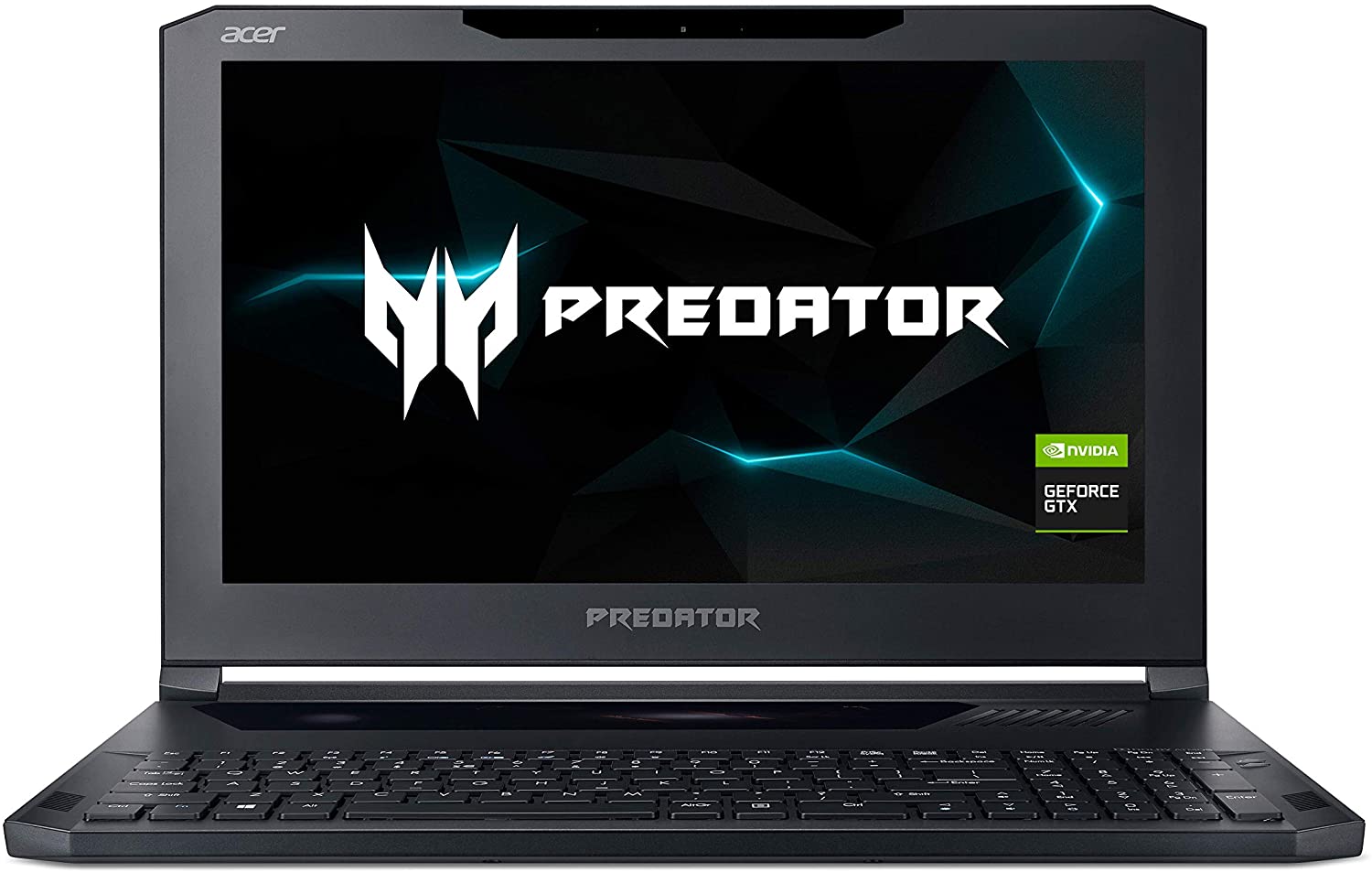 | Acer Predator Triton 700 Ultra-Thin LaptopGood Choice
| Check Price |
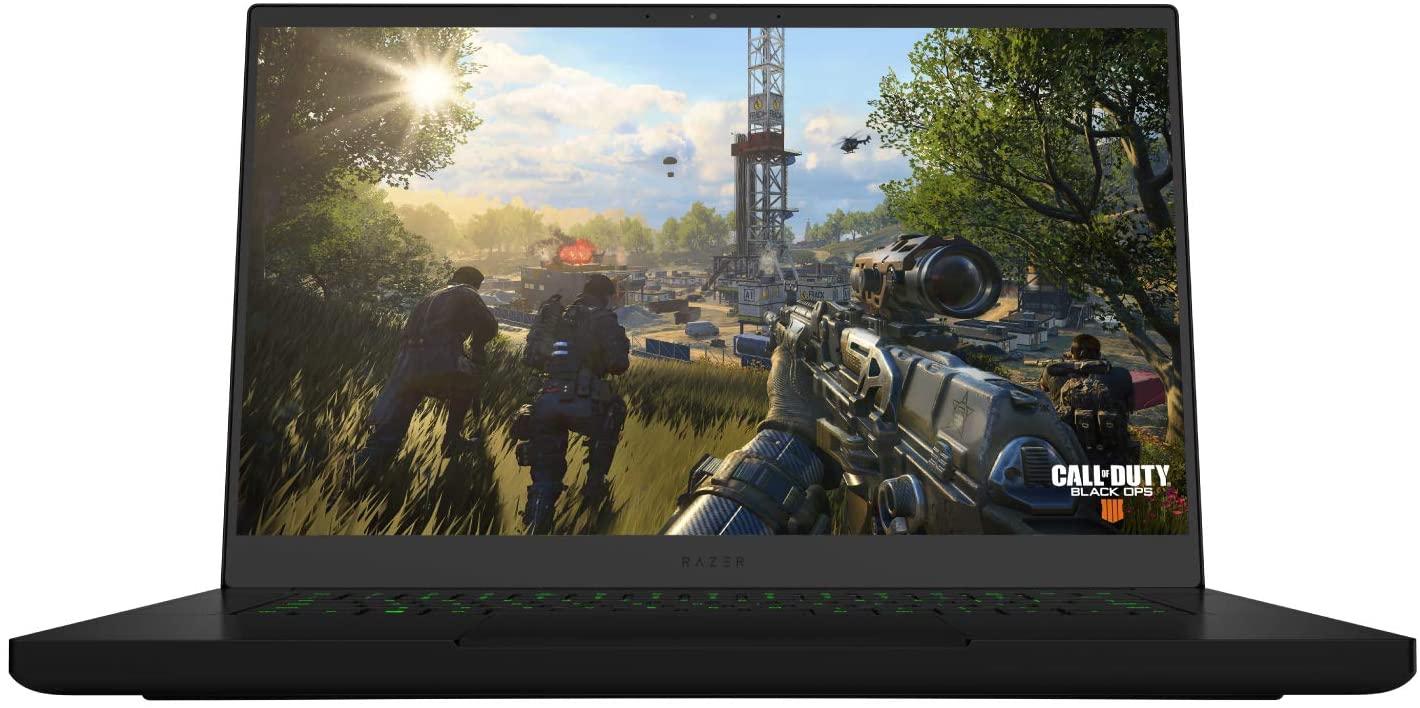 | Razer Blade 15 8th Generation LaptopGood Choice
| Check Price |
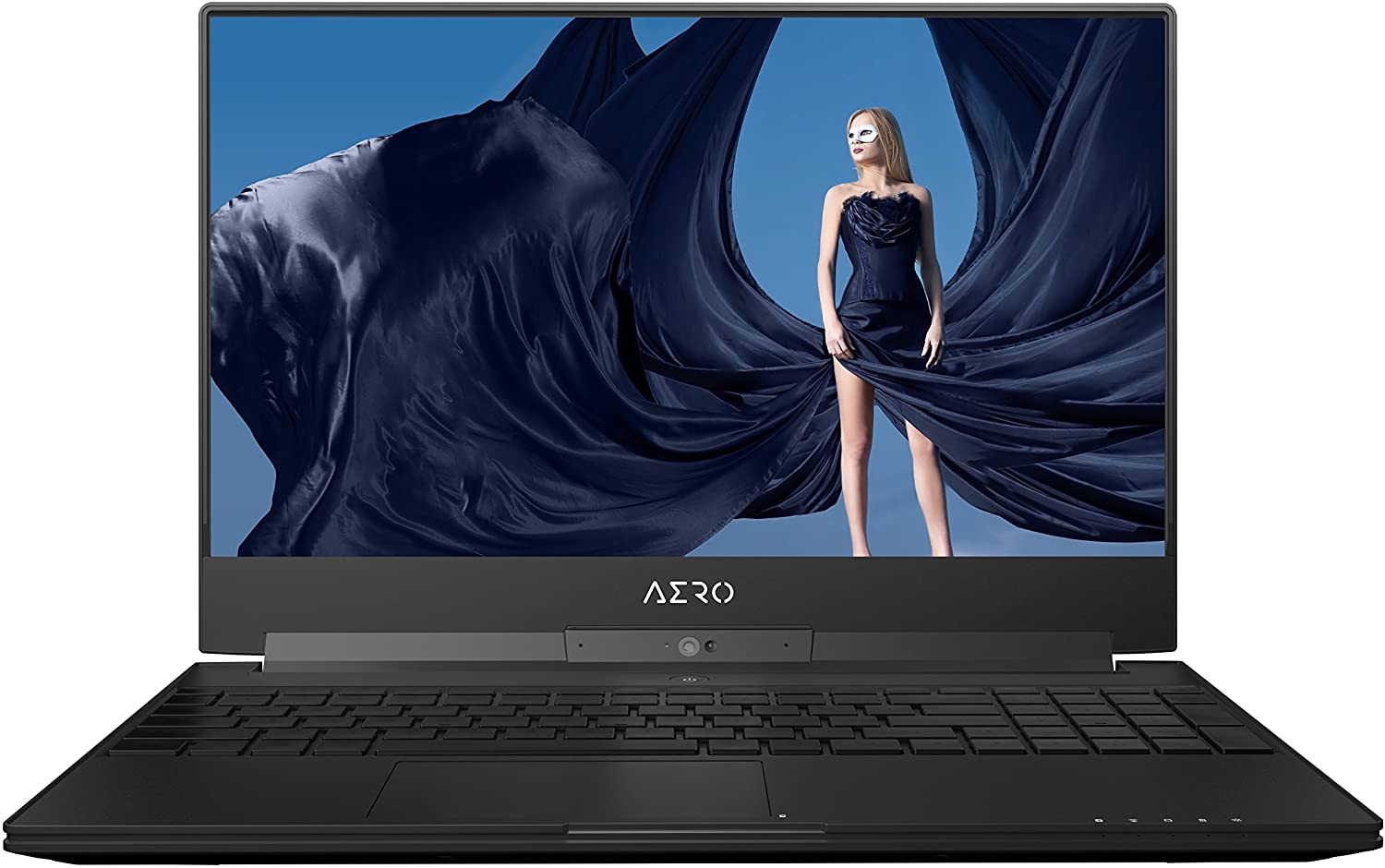 | GIGABYTE Aero 15X v8-BK4 Ultra Slim LaptopGood Choice
| Check Price |
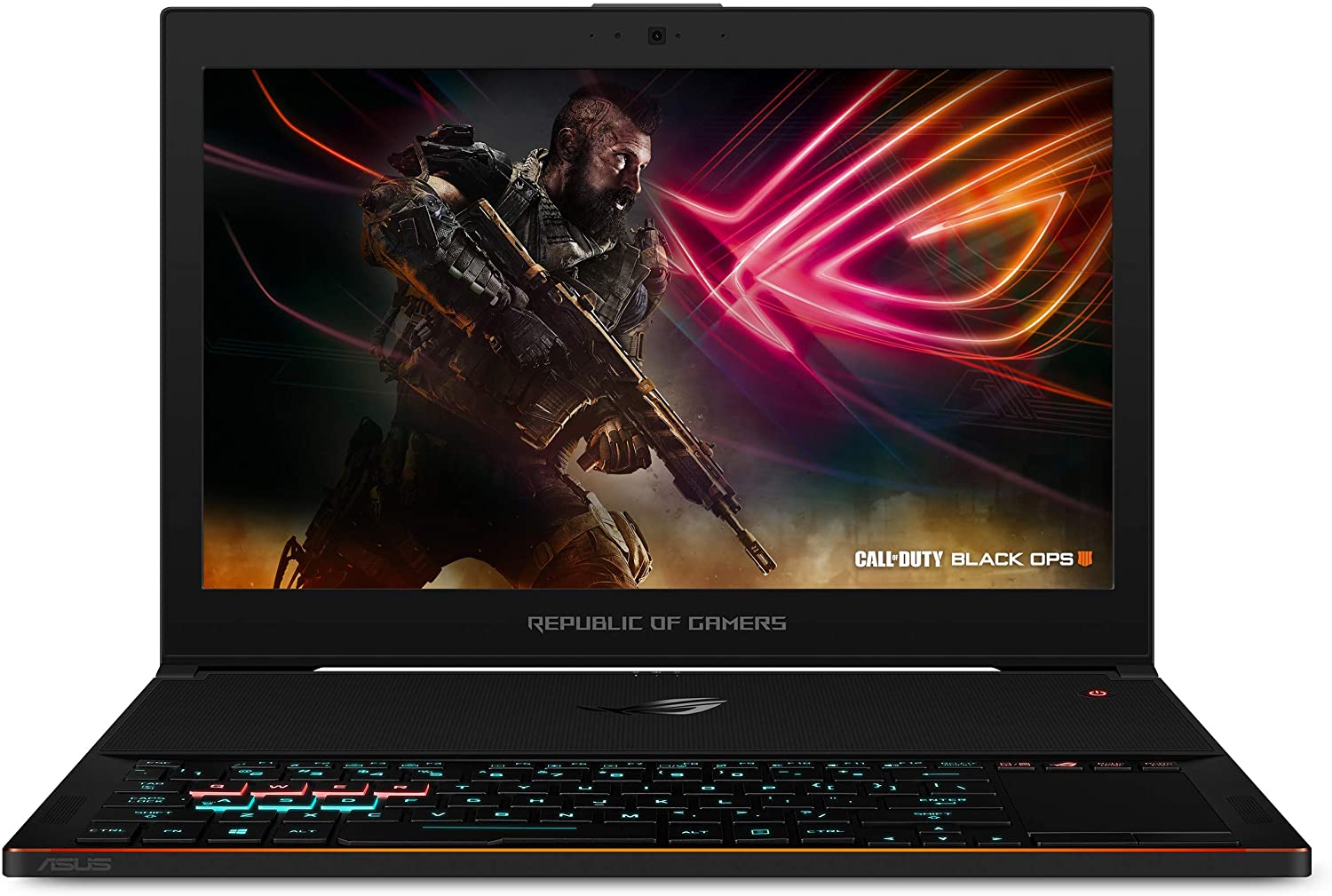 | ASUS ROG Zephyrus GX501 LaptopGood Choice
| Check Price |
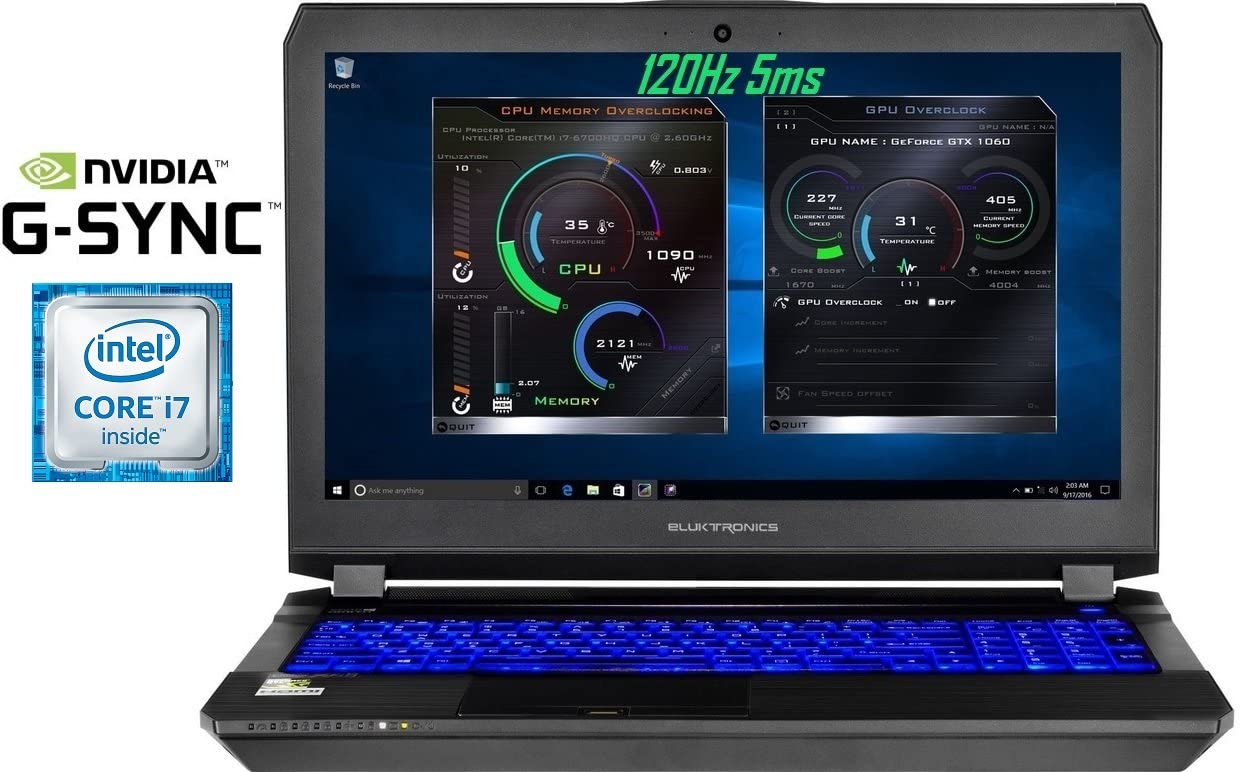 | Eluktronics Pro-X P650HS-G VRGood Choice
| Check Price |
Buy Best Laptop for Machine Learning
MSI GF63 THIN 9RCX-818 Laptop

A high-end laptop with good specs, the MSI GF63 THIN 9RCX-818 has the perfect features for machine learning. The device comes with a display of IPS 15.6 inch with 1920×1080 resolution.
It is powered by 9th Gen Intel 6-Core Processors i7-9750h 2. 6 – 4. 5GHz and 8GB (8G*1) DDR4 2666MHz memory.
Now multi-tasking and easy handling of different tasks can be done efficiently with this device.
As machine learning requires heavy usage of any device, it tends to get hot, but not with the MSI GF63 THIN 9RCX-818.
It has 2 fans 4 exhausts 7 pipes that will keep your laptop cool in times of heavy work load.
The SSD technology of this laptop is enhanced by NVMe SSD read speeds.
When we talk about the graphic card, the device comes with NVIDIA GeForce GTX1050ti 4G GDDR5. This will ensure good graphics on your screen and help you get more efficiency.
The port selection is quite decent, though the device doesn’t come with backlit keyboard.
Lastly the battery life of MSI GF63 THIN 9RCX-818 is impressive and will provide up to 7 hours of juice in a single charge.
Overall, this device can be considered a good option when searching for best laptop for deep learning.
Pros
- Affordable
- Good performance
- Lightweight
- Battery life is impressive
- Comes with Cooler Boost 5
Cons
- Built is average
- No-backlit keyboard
2019 Lenovo Legion Y540 9th Gen Core i7 Laptop

Performance wise, Lenovo’s Legion has come really far in the recent years. Same way this laptop is a good option when you have to work on high specs like machine learning.
Lenovo Legion Y540 comes with 9th Generation Intel Hexa-Core i7-9750H Processor with up to 4.5ghz clock-speed.
It has a 16GB DDR4 RAM and 512GB SSD/1TB HDD combo, both these specs will give you a very strong storage backup.
The GTX 1650 takes into consideration a significant level of graphical performance, as well, and the 802.11ac Wi-fi card gives amazing Wi-fi coverage.
Lenovo likewise has gained notoriety for using dazzling screens on their laptops, and the Y540 is the same.
The 15.6″ inches 1080p IPS anti-glare screen makes striking tones and clearness while viewing the display.
Plus, the IPS innovation takes into account incredible review points, and the energy-effective LED backdrop illumination prevents the screen from draining your battery.
When we talk about port selection, you will get a 802.11 AC (2 x 2) + Bluetooth 4.1; 3 x USB 3.1 Gen 1, Mini Display Port 1.4, HDMI 2.0, RJ45 Ethernet, Kensington Wedge Lock opening, 1 x USB 3.1 Gen 2 Type-C and a 3.5 mm earphone jack.
The most astounding thing about this device is its cooling framework. The laptop has figures out how to keep the entirety of the temperatures cool in all cases specially when running high end software.
Other than that, the battery life of the device is average and will provide up to 6 hours of juice in a single charge.
To summarize it, Lenovo Legion Y540 has an incredible degree of execution and it can be considered one of the best laptops for machine learning.
Pros
- Good performance
- Impressive cooling feature
- Display is nice
- Affordable pricing
Cons
- Battery life is average
- No SD Slot
ASUS ROG GU502GW-AH76 Zephyrus M Thin & Portable Laptop

The Asus ROG Zephyrus M GU502GW-AH76 is a midrange loadout with better quality estimating and properly progressed highlights. The laptop is powered by 9th Gen Intel Core i7-9750H Hexa-core Processor and a 1TB SSD storage.
The Zephyrus arrangement is intended to give a super versatile experience without relinquishing execution.
Asus’ Zephyrus M rides between very good quality device and has 16GB DDR4 2666MHz RAM.
It comes with 15.6” Full HD (1920×1080) IPS Type Pantone Validated Display and 81% screen-to-body ratio that allows for deeper visual immersion.
ASUS ROG GU502GW-AH76 Zephyrus M has NVIDIA GeForce RTX 2070 Max-Q 8GB GDDR6 graphic card which will allow you to work more efficiently while machine learning.
All these hardware specifications will benefit you with fast performance while working on high end software.
The connectivity range of this device is good as well and it comes with a good number of port selection including USB Type C.
When a device has such strong hardware system, it tends to get very hot, to prevent this the laptop has ROG Intelligent Cooling thermal.
This system comes with dual 12V fans anti-dust technology and the fan modes are adjustable as well.
Overall, this laptop will be able to fulfil all your machine learning needs.
Pros
- Good performance
- Built quality is strong
- Backlit keyboard
- 1 TB SSD
Cons
- No webcam
Dell Inspiron 15 7000 15.6 Inch FHD Display Laptop

One of the best laptops for deep learning in the current year, Dell Inspiron is a budget friendly choice. It comes with 9th Gen Intel Core i7-9750H processor and 8GB DDR4 2666MHz RAM. Both these specs are quite powerful and allow efficient work while machine learning.
When we talk about the SSD of the laptop, it has 256GB M.2 PCIe NVMe, this indicates fast response rate quieter performance and improved shock resistance.
Other important features of this laptop for machine learning includes its graphics and this device doesn’t disappoint in that aspect as well.
Dell Inspiron 15 7000 comes with NVIDIA GeForce GTX 1050 3GB GDDR5 graphics card, which will permit you to achieve unrelenting performance.
As you know, each device that works on high spec software tends to get warm, for that a good cooling system is required and this laptop has it.
Overall, this device will provide you good performance along with power with a good selection of ports as well.
Pros
- Solid productivity performance
- Pricing is good
- Good built quality
Cons
- Screen’s colour accuracy is average
Razer Blade Pro 17 Intel Core i7 Laptop

Another good option in our list of best laptops for machine learning, the RazerBlade Pro 17 is a powerful device.
This is a 17.3-inch model and powered by Intel Core i7-9750H, so if you are in the need for a device with big screen then this can be the deal for you.
The GPU of the device is quite good and has NVIDIA GeForce RTX 2080 Max-Q.
There is 16 GB of RAM and a 512 GB SSD which will help you accomplish multi-tasking easily.
Other than that Razer Blade Pro 17 comes with custom vapor chamber cooling system.
This will keep the entire surface area of the device heat dissipation for high performance.
When we talk about connectivity, this laptop doesn’t disappoint at all and has a good number of options.
It features USB 3.2 Gen 2, 2.5Gb Ethernet, a UHS-III SD Card Reader, Wi-Fi 6 (802.11ax), Windows Hello, and Thunderbolt 3, so keeping up with all your workstations devices will be possible with this machine.
Pros
- High quality built
- Good display
- Big screen size
Cons
- 512GB of storage is not great
- Expensive
Acer Predator Triton 700 Ultra-Thin Laptop

The Triton 700 comes with an intel i7 CPU and a GTX 1060 with 6gb devoted on-board RAM and a 16GB DDR4 Dedicated RAM. A 512GB SSD gathers everything together. With everything taken into account, the blend of these parts puts the Triton 700 at the highest point of the working class of laptops.
The built of the device is such that it is lightweight and simple to carry anywhere you want.
Inside the laptop’s body are the 2 Aeroblade 3D fans, which give the Triton an incredible degree of wind current, keeping the inside cool.
The laptop comes with a screen size of 15.6″ (1920 x 1080) and LED-backlit IPS 120Hz refresh rate display.
Another good thing about the device includes, DoubleShot Pro framework permits you to pick the transmission capacity that every application uses just as empowering both ethernet and remote associations with work simultaneously.
The Predator Sense innovation that comes introduced on the PC is a decent touch, as well, considering unlimited oversight over the exhibition of the individual segments discovered inside.
Overall, the Acer Predator Triton 700 is a good device one you are searching for deep learning.
Though the battery backup isn’t much great and will only give you 2 hours of backup in a single charge.
Pros
- Good performance
- Design and built quality are impressive
- Vivid display
- Quality Cooling System
- Mechanical keyboard is nice
Cons
- Battery life is poor
- Weird Touchpad placement
Razer Blade 15 8th Generation Laptop

Another Razer device in our list of best laptops for machine learning, this one comes with 8th Gen Intel Core i7-8750H 6 core processor. It has 15.6” Full HD edge-to-edge display which showcases pretty vibrant colours.
It also has class-leading 4.9mm thin bezels which makes the viewing experience better.
Another important aspect of deep learning laptop is its graphic card, this device has NVIDIA GeForce GTX 1060 Max-Q Design VR Ready graphics.
This makes the laptop pretty fast and efficient while working on high spec software.
Plus, the precise glass touchpad will definitely give you an elegant feel while working on the machine.
The body of the laptop is quite durable as well and its dimensions are 0.78” x 9.25” x 13.98”, making it a portable device.
When we talk about port selection, RazerBlade 15 doesn’t disappoint and comes with Gigabit Ethernet, 3x USB 3.1, Thunderbolt 3 (USB-C), HDMI, Mini Display Port.
Pros
- Sturdy and robust build
- Design is stylish
- Good port selection
Cons
- Runs hot
GIGABYTE Aero 15X v8-BK4 Ultra Slim Laptop

The Gigabyte AERO has a 15.6 full HD show, with IPS and anti-glare glass. It has a Core i7-8750H processor, GeForce NVIDIA 2070 graphic card, 16 GB of RAM and 1 TB SSD.
When we talk about the display it is quite splendid and is an incredible choice for the machine learners.
Plus, you will spend hours working on the laptop so the screen has right viewing angles for that making it a good choice.
Since the deep learning require enormous designs capability that is the reason, we choose this device as it has a good GPU.
With regards to ports, the laptop has five USB 3.1 ports, including two sort C, two 3.1 Gen 1 and one 3.1 Gen 2.
It likewise has an ethernet port and metal skeleton and a thin body, making it a decent alternative for anybody searching for a compact laptop.
Though the device is not too light and weighs under 4.4 lbs, so it’s anything but an entirely compact laptop.
Other than that, the battery life of GIGABYTE Aero 15X v8-BK4 is quite and lasts up to 8 hours in a single charge.
Pros
- Robust built
- Good battery life
- Good port selection
- Vivid display
Cons
- Expensive
- Heavy
ASUS ROG Zephyrus GX501 Laptop

A good option for people searching for a lightweight and slim options for machine learning, the ASUS ROG Zephyrus GX501 comes with 8th-Gen Intel Core i7-8750H (up to 3.9 GHz) Processor.
The device has GeForce GTX 1080 8GB with Max-Q design graphic card making your deep learning effective and powerful.
When we talk about the screen size, it gives 15.6″ Full HD IPS-Type (144Hz) AHVA G-SYNC Display with 3ms response time.
Another important feature includes the RAM and the SSD which stands at 512GB PCIe SSD, 16GB DDR4.
The keyboard of this laptop is quite amazing and features AURA SYNC, which allows synchronize RGB lighting effects.
Port selection is quite impressive too and includes HDMI 2.0, and USB 3.1 Type C, and Thunderbolt over USB Type C.
The Active Aerodynamic System (AAS) keeps the laptop cool while working on high spec software or gaming.
Pros
- Good design
- Powerful performance
- Active Aerodynamic System (AAS)
- Good port selection
- Vivid display
Cons
- Underside is a bit flimsy
Eluktronics Pro-X P650HS-G VR

The Eluktronics Pro-X P650HS-G VR runs on 7th Gen Intel Core i7-7700HQ Quad Core Processor. This is a robust machine that matches all configuration of best laptop for machine learning.
The screen size is 15.6″ Full HD 120Hz 5ms matte display, this makes it easy to work on the device for long duration of time.
Eluktronics Pro-X P650HS-G VR comes with 8GB GDDR5 VRAM Nvidia GeForce GTX 1070 VR Ready Graphics card and 32GB DDR4 2400MHz RAM.
This specs makes the laptop quite powerful and lets you work efficiently with less or no lags.
The port selection is good too and includes, v1.4; 2 USB 3.1 Type-C512GB Ultra Performance PCIe NVMe SSD.
It also has backlit keyboard which makes the looks quite stylish as well.
Pros
- Graphics are good
- Performance is impressive
- Display is nice
Cons
- A bit bulky
Laptop Specs for Machine Learning
CPU/Processor
The processor one of the most essential part of your laptop.
A solid processor is significant for the smooth running of your laptop, and with regards to deep learning and programming, your processor will be put under an extensive strain.
There are several factors one must look for when considering the right laptop with the best processor.
Primarily, take a look at the clock speed, estimated in GHz and this is the number of cycles your CPU can embrace each second.
Next look at the quantity of cores in the processor as each center can embrace its own cycles.
So, a dual core 3.0ghz clock speed processor ought to have the option to work at 6.0ghz.
Next you must consider the generation of the processor, 10th generations of Intel chips are the latest option in the market.
So, it is recommended to either get a 10th or 9th generation chip in order to work smoothly while the machine learning process.
A good processor will allow you to be more productive, efficient and relevant with your work.
Recommended 9th/10th Gen Intel I7 Or Above.
Random Access Memory (RAM)
The second most significant element in your laptop with regards to running programs is the RAM or Random-Access Memory.
Consider your RAM an extremely quick delivery system that stores cheat sheets and shortcuts that your processor has created to work more productively.
Each time your CPU finishes a process, it stores the means it took to finish that cycle in your RAM.
Whenever your CPU needs to make that equivalent cycle, it gets to those cheat sheets in your RAM.
RAM can be found in a scope of various structures in your device.
The main thing to consider is the capacity size of the RAM in the laptop you are consider to buying.
Size of the RAM can range from 2-64 GB format and the more it is, the better it is for your laptop.
In order to get the best performance from your device, you must have a higher RAM capacity.
Plus, the process of machine learning is quite high end so having a good Random-Access Memory is essential for best results.
Recommended 32GB DDR4 (16 GB Bare minimum)
Graphics Card
When preparing to get your hands-on machine learning, a good Graphic card is a must.
A GPU eliminates the downsides of running numerous cores while running a device.
A solid GPU supports the processor of your device making it run different applications at the same time smoothly.
A good GPU will decrease the time expected to run a deep learning experiment.
Normal and straightforward tasks can be easily accomplished effectively if you have a good CPU, on the other hand, complex tasks that expect you to work with immense data information index will require a strong Graphic card.
When searching for a good GPU, you will need to take a look at the two most important factors.
The first being the memory data transfer capacity of your graphic card and the second significant factor is the quantity of GPU cores; the more information you are taking a look at, requires a good core in order to process everything quickly.
Storage Space
As the name suggest storage space is the place in your device where files, data, videos, pictures and everything else is saved.
When handling large files, you will require ample amount of storage to get in hold of all your stuff.
There are two types of storage commonly use, SSD and HDD.
HDD’s or Hard drives are the staples for capacity frameworks. Used for longer than 10 years, they work by using a laser and disk framework and have the potential for good amount of storage.
They are inconceivably affordable, one reason they are found in pretty much every machine other than your top-end models.
SDD’s or Solid-State Drives are the future of storage system in most devices.
Made from a comparative kind of blaze memory to your laptop’s RAM, they are blisteringly speedy contrasted with traditional HDD’s.
They boot programs in a small amount of the time and take into consideration document access, move, and capacity at a rate that basically leaves an HDD in the residue.
The main disadvantage to using SDD’s is that they cost much more than HDDs.
Battery Life
The requirement for battery life will be reliant on your individual necessities.
If you are one of those who don’t wish to always plug-in your laptop for charging then considering buying a device that has a long battery life.
When planning to buy a deep learning laptop, you must know that these devices are going to be power hungry.
When you buy a device for the requirement of machine learning then battery can be an issue.
To make amazing machines that are more productive, more costly parts must be utilized.
So, choose a device that can handle your work load and still keep your device juiced up.
A laptop that can provide at least 5-7 hours of battery backup in a single charge is a good option.
So, these were some recommendation that you must consider before making a choice for laptop for machine learning.
Final Words
So, this was a list of laptops for students and professional in the field of machine learning.
Go through the above guide and find out the minimum requirement specs in a laptop for machine learning.
Plus, you will find both expensive and budgeted versions in this article so find the best pick for yourself.








